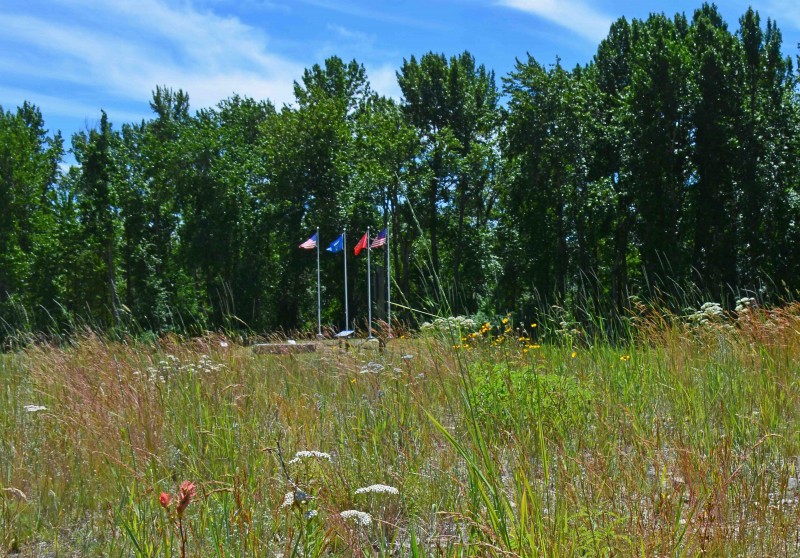Excavation of a cache pit at Double Ditch Indian Village in North Dakota – State Historical Society of North Dakota


The American Indian & History Galleries of the St. Joseph Museum feature American Indian items from 10 cultural regions and pre-history items from area archaeological excavations. The American Indian Gallery’s featured exhibit is “Lines & Legacies – The Harry L. George Collection,” which is one of the largest collections of American Indian items in Missouri. The collection includes archaeological items, pottery, baskets, blankets, pipes, clothing, and accessories.
The History Gallery’s featured exhibit is “World War I St. Joseph – Reflections on Community and Conflict,” which gives visitors the chance to explore the lessons learned from World War I. The exhibit focuses on the experience of St. Joseph during the war years, drawing direct parallels to issues that face our community today and commemorating the lives of those who lived through the era.
The War required sacrifice from all citizens and those who remained at home were not immune. As men left home to fight abroad, their families faced real hardship – frequently the salaries they earned as soldiers were far less than what they earned in civilian life (in order to alleviate this and to encourage enlistment, the Tootle-Lemon Bank in St. Joseph announced that it would cover the wage gap for any of its employees who enlisted).
Learning to make ends meet with fewer resources was a particular challenge for households. As the war continued, rationing measures were implemented. The city official in charge of enforcing the rationing – and convincing citizens that “meatless Tuesday” and “wheatless Thursday” were their duties as members of society – was, coincidentally, Harry L. George (the man responsible for the world-class collection of American Indian items held by the St. Joseph Museums).
Distance Unit:
Distance Unit: